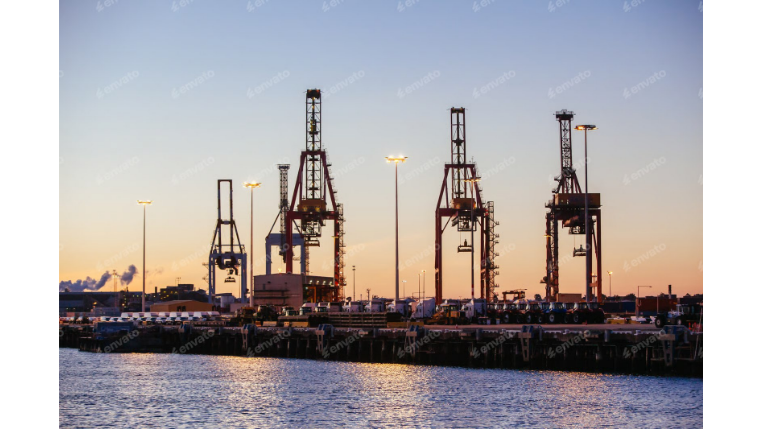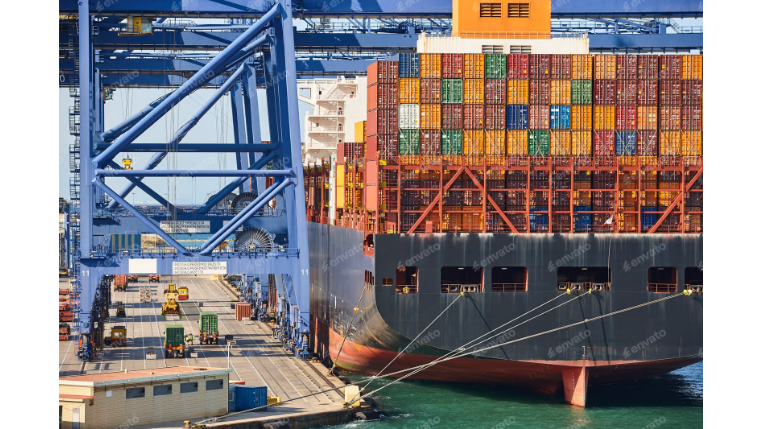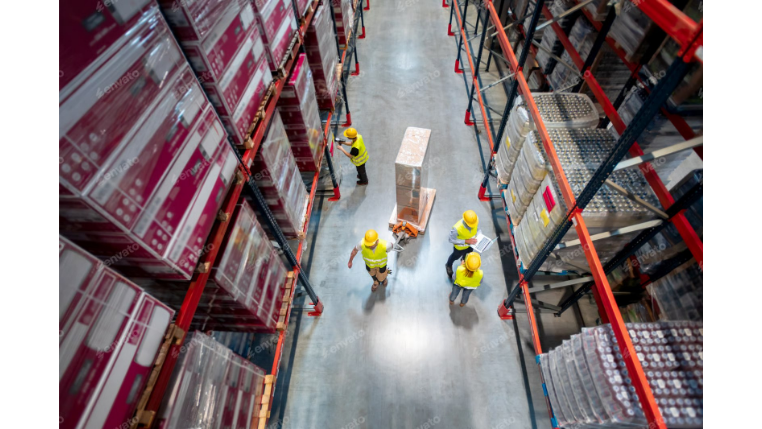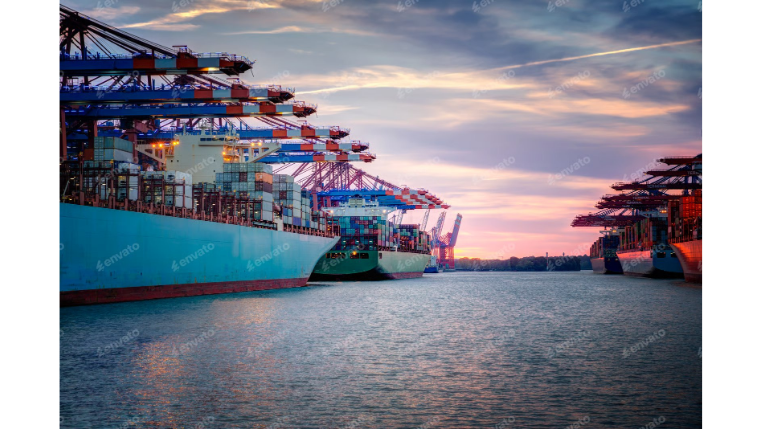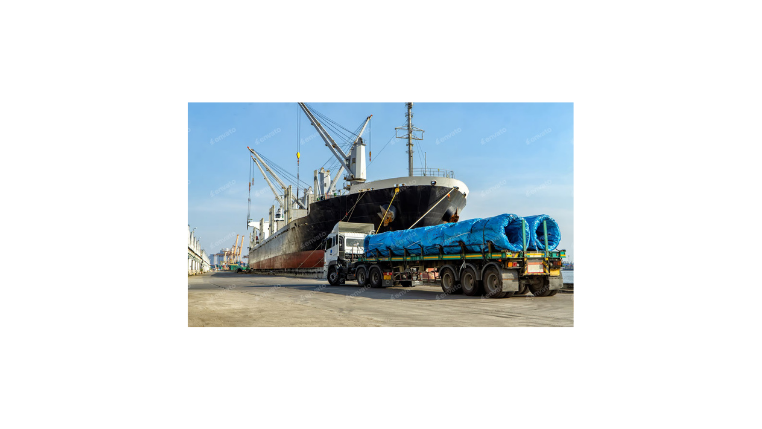Freight Forwarding: The Engine of Global Trade and a Look into Its Future
In the intricate web of global commerce, freight forwarding serves as the central nervous system, ensuring goods move seamlessly across borders. These logistics architects do more than just transport products; they manage complex customs regulations, consolidate cargo for cost efficiency, and provide crucial warehousing solutions. This article explores the vital role of freight forwarding, delves into the industry's modern challenges, and illuminates the future shaped by transformative technologies like IoT, blockchain, and a growing commitment to sustainability.
The Core Services That Define Modern Freight Forwarding
A freight forwarder acts as a crucial intermediary between a shipper (the business sending goods) and the transportation services. They don't own the ships or planes but leverage their vast network and expertise to manage the entire shipping lifecycle. Their role is built on a foundation of several key services:
- Expert Customs Clearance: This is arguably one of the most valuable functions. Navigating international customs is notoriously complex, with regulations varying wildly between countries. A forwarder ensures all documentation is accurate, duties and taxes are paid correctly, and the shipment meets all customs compliance standards, preventing costly delays and penalties.
- Strategic Cargo Consolidation: Not every business ships enough goods to fill an entire container. Freight forwarders solve this by offering consolidation services, where they group multiple smaller shipments from different customers into one full container. This shared-space model dramatically reduces shipping costs for small and medium-sized enterprises (SMEs).
- Integrated Warehousing and Storage: The journey of a product often involves stops. Freight forwarders provide secure warehousing for goods before they are exported or after they arrive, before final distribution. This service is vital for managing inventory and ensuring a smooth transition between different stages of the supply chain.
- Multi-modal Transportation Management: Whether by air, sea, rail, or road, the forwarder determines the most efficient and cost-effective transportation route. They negotiate rates with carriers, book cargo space, and manage the entire transit, providing a single point of contact for the shipper.
Navigating the Key Challenges in Today's Freight Forwarding Industry
Despite its importance, the freight forwarding sector is not without its hurdles. Shippers and forwarders alike must contend with a volatile landscape marked by several persistent challenges:
- Supply Chain Disruptions: Events like geopolitical conflicts, pandemics, and extreme weather can cause massive port congestion and carrier capacity shortages, leading to unpredictable delays and soaring rates.
- Regulatory Complexity: Trade policies and customs regulations are constantly evolving. Staying compliant requires continuous learning and adaptation to avoid fines and shipment seizures.
- Demand for Visibility: Modern customers demand to know where their shipment is at all times. Providing real-time, end-to-end visibility across multiple carriers and borders is a significant technical challenge.
The Future of Freight Forwarding: Innovation and Key Trends
To overcome these challenges and meet new demands, the industry is rapidly embracing innovation. The future of freight forwarding is being built on technology and sustainability.
1. Digitalization and the Internet of Things (IoT)
The shift from paper-based processes to digital platforms is accelerating. IoT devices, such as smart sensors on containers, are revolutionizing visibility. These sensors can provide real-time data on a shipment's location, temperature, humidity, and even whether it has been tampered with, offering unprecedented control and security.
2. Blockchain for Enhanced Security and Transparency
Blockchain technology offers a secure, decentralized ledger to record transactions. In logistics, this means creating an unchangeable record of a shipment's journey. This enhances trust between all parties, reduces fraud, and streamlines the complex documentation process, particularly for bills of lading and customs declarations.
3. Sustainability and Green Logistics
Environmental responsibility is no longer optional. Shippers are increasingly choosing forwarders who can offer sustainable logistics solutions. This includes optimizing routes to reduce fuel consumption, offering carbon offsetting programs, and prioritizing carriers with greener fleets. Sustainable practices are quickly becoming a powerful competitive differentiator.
Ultimately, the goal of freight forwarding is to transform a complex, fragmented process into a simple, streamlined experience for the customer. As these technologies mature, the forwarder's role will evolve from a logistics coordinator to a strategic data-driven supply chain partner.
To manage this increasing complexity and leverage new technologies, a robust software backbone is essential. Modern logistics platforms like Modaltrans empower freight forwarders to integrate these innovations, offering clients a unified system for tracking, documentation, and communication.
Conclusion
From a simple coordinator of shipments to a vital strategic partner, the role of the freight forwarder has profoundly evolved. The industry today is defined by its resilience and adaptability in the face of constant challenges. By expertly managing the immense complexity of customs, multi-modal transport, and regulatory hurdles, forwarders do more than move cargo—they create value, mitigate risk, and enable global commerce. As technology continues to infuse the supply chain with greater transparency and sustainability becomes a core business imperative, the forwarder's role will only grow in significance. Ultimately, partnering with a modern, forward-thinking freight forwarder is no longer just a logistical choice; it is a fundamental business strategy for building a resilient, efficient, and competitive global supply chain.


